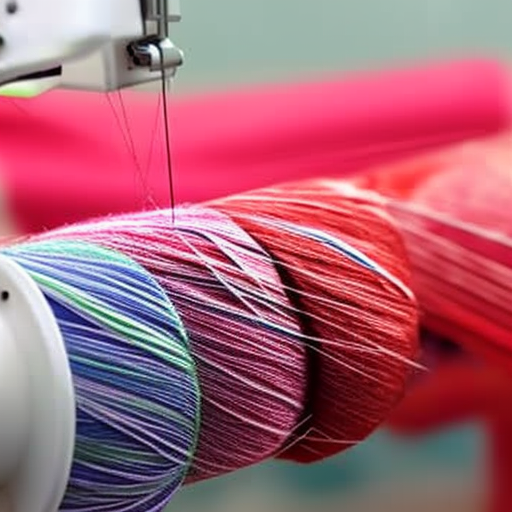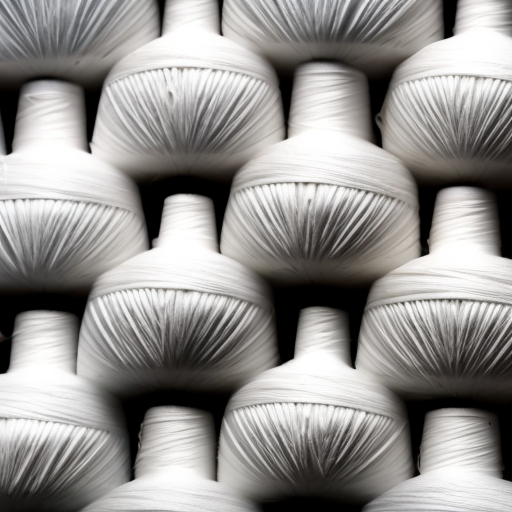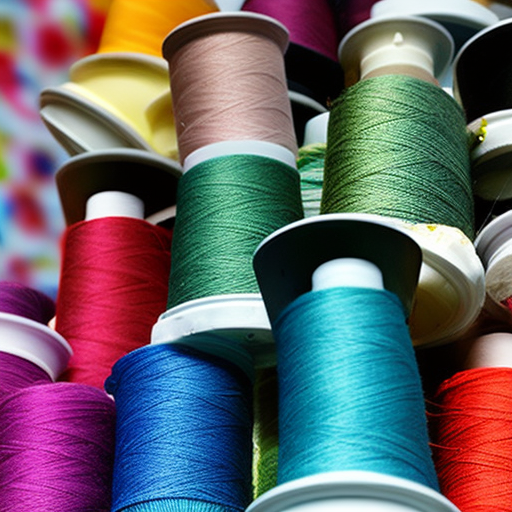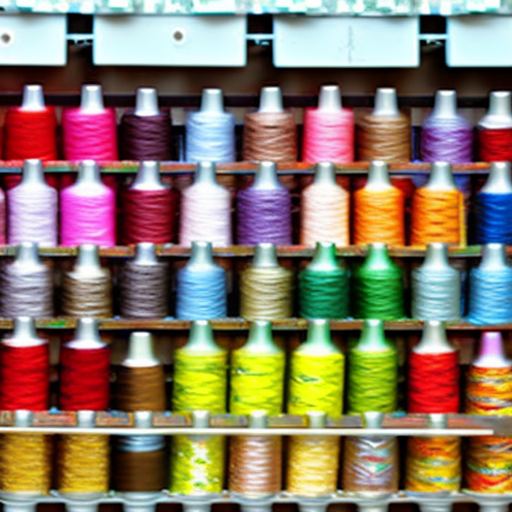
?
When it comes to sewing, we all want to use the best materials available to create beautiful and durable projects. One essential component of sewing is the thread we use to stitch our fabrics together. But have you ever wondered if sewing threads can go bad over time?
Generally speaking, sewing threads do not possess an expiration date. They are made to be durable and withstand the test of time. However, certain factors can affect the quality and performance of threads over an extended period. Here are a few points to consider:
Storage Conditions
Proper storage plays a crucial role in maintaining the quality of sewing threads. Threads should be stored in a cool, dry place away from direct sunlight or excessive heat. Extreme temperatures and humidity can affect the thread’s integrity, leading to deterioration or weakening of its fibers.
Exposure to Chemicals
Thread fibers, especially natural fibers like cotton or silk, can be sensitive to chemicals. If exposed to chemicals or strong cleaning agents, threads may weaken, fray, or lose their color. It is important to keep threads away from household chemicals and to avoid using them in projects involving potentially damaging substances.
Thread Breakage
Sewing threads may experience breakage or weakness if they have been stored improperly or if they have been subjected to excessive tension, such as when tightly wound on a spool for a long time. If you notice your threads breaking frequently or becoming weak, it may be a sign of thread quality deterioration.
Recommendations for Thread Storage
To ensure your sewing threads maintain their quality, consider the following storage recommendations:
- Store threads in airtight containers or zipper bags to protect them from dirt, dust, and moisture.
- Avoid overcrowding thread spools in storage containers, as they can get tangled and put unnecessary strain on the threads.
- Keep threads away from direct sunlight and extreme temperature fluctuations.
- Label your storage containers with the thread type and purchase date, allowing you to rotate and use older threads first.
In conclusion, while sewing threads don’t typically have an expiration date, it’s crucial to store them properly to ensure their longevity. By following these storage recommendations and paying attention to any signs of thread weakness, you can maintain the quality of your sewing threads and create beautiful projects for years to come.





Sewing threads can last decades, but it is still important to pay attention to expiration dates, especially for specialty threads and synthetic materials.
Julio Opland: Absolutely! It’s good to replace old threads every few years just to be safe.
Laura Levaccare: It’s especially important to check for any yellowing or fraying that may indicate wear and tear before using sewing threads!
That’s great advice! Time can take its toll when it comes to sewing threads, and it’s always best to be prepared.
Absolutely! Good thread means precision work – always make sure to check the quality of your thread before use.